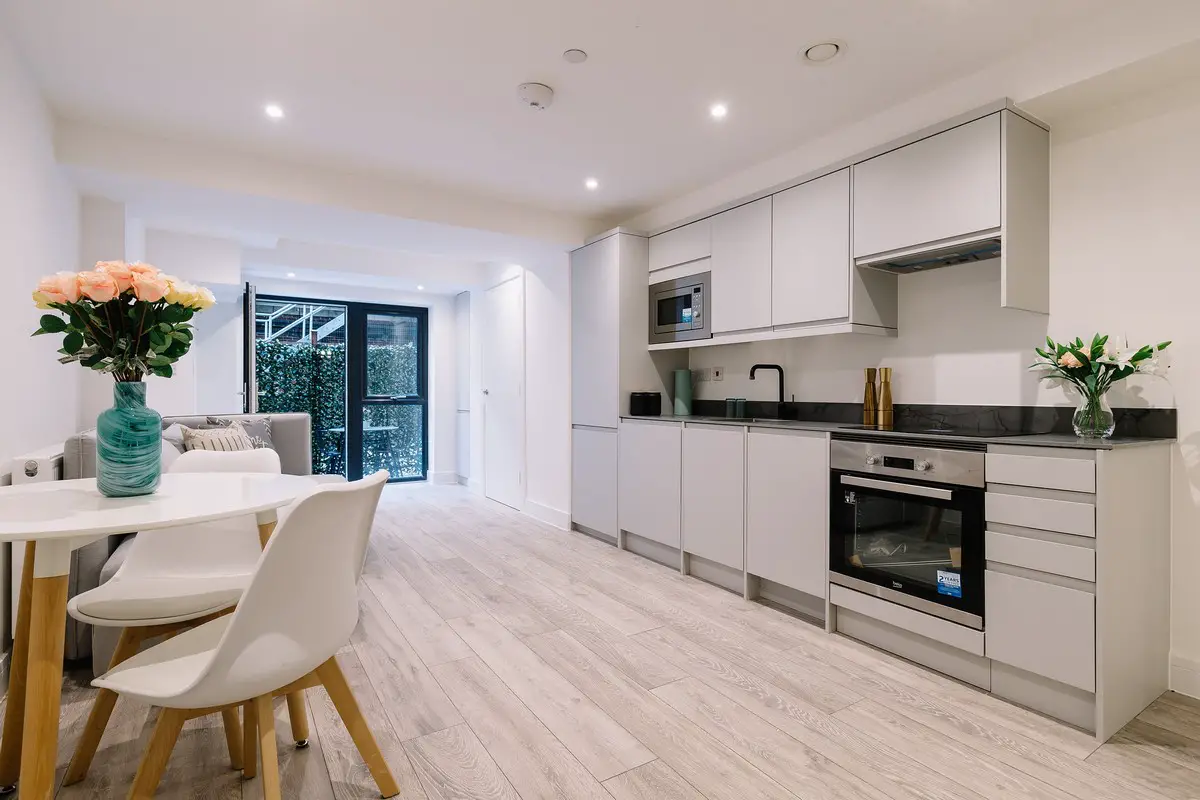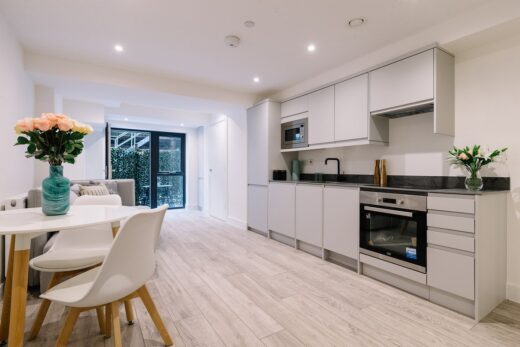How buyers and renters can survive property crisis guide, British housing investment online advice, New building design
How buyers and renters can survive the property crisis
24 Mar 2022
2021 has been a very dynamic year for the UK property market, to say the least. From November 2020 to November 2021, the average price of property in the UK rose by a whopping 10 per cent, while from February 2021 to February 2022, the price of property has risen by 10.8 per cent. Without a doubt, the UK property market is booming – in fact, the average price of property in the UK hit a record high eight different times in 2021, and then hit a new record high in February 2022.
How buyers and renters can survive the property crisis if it’s happens in future?
In fact, almost 40 per cent of the buyers in the UK who bought property in 2021 paid more than the asking price. This massive boom in property prices is due to the imbalance between demand and supply, the changing buyer preferences, the rising rate of inflation and the rising mortgage rates. Many potential buyers who were planning on buying a property in 2021 decided to defer their purchases due to the rising prices.
While some experts believe that the average price of property in the UK will continue to grow in 2022, others believe that the price of property will actually stabilise. Most experts predict that the price of property in the UK will grow by 1 per cent to 5 per cent in 2022, with the market slowing down in 2023.
On the other hand, some property experts believe that the rising rate of inflation coupled with the reduction in buyer demand will actually help stabilise property prices in the UK, with a potential drop in prices in 2022. However, if the property prices do continue to rise at such an astounding rate, then the UK might face a property crisis in the future. And, what can buyers and renters in the UK do to save themselves from the property crisis, if it happens in the future?
Make use of government schemes
In the last few years, the cost of buying a house in the UK has risen tremendously. However, there is a massive disparity between wages and payments; many potential buyers are unable to pay the monthly mortgage rate due to their low wages. While the prices of property in the UK have spiked, the wages are yet to increase. Keeping this disparity in mind, the UK government has offered various schemes such as the Help to Buy scheme and the mortgage guarantee scheme.
Under the mortgage guarantee scheme, potential buyers can avail of a mortgage by paying just 5 per cent of the total value of the property as the deposit. Similarly, under the Help to Buy scheme, potential buyers can get a property by paying just 5 per cent of the deposit. In this scheme, the buyers can borrow 20 per cent of the total purchase price and this amount will be totally interest-free for 5 years.
Consider owner-occupier investments
Of course, there might be some low-income buyers who might not be able to afford the monthly mortgage payments. In that case, potential buyers can make use of the shared ownership scheme. Under this scheme, buyers have an option of buying a certain percentage of the property while paying rent for the remaining property. Usually, buyers can purchase 25 per cent to 75 per cent of a property, or as per the housing association guidelines from where they are buying the property. Say, a potential buyer wants to purchase 25 per cent of a property, then he or she will only have to pay a 5 per cent deposit as well as the monthly mortgage for only 25 per cent of the property. As for the remaining 75 per cent, the buyer will have to pay rent to the housing association.
Start saving for a rainy day
At the end of the day, the best way to prepare for a property crisis is by saving for a rainy day. if the Covid-19 pandemic taught us anything, it is that life is uncertain and you never know when you might need to dip into your savings. During the Covid-19 pandemic, when businesses and companies were forced to stop operations, many people were out of income.
That is when their rainy day savings came in hand. If the price of property does continue to rise at this pace, then buyers and renters might need to be better prepared financially. Try to save as much money as you can on a daily basis – even simple things like walking to work instead of taking a cab or making your own coffee at home instead of buying a coffee every morning can actually help you save a hefty amount in the long run. After all, every penny counts.
Occupy empty homes
Around 1 per cent of the total properties in England are totally vacant! On average, this works out to around 268,385 properties in the UK that are sitting empty. If buyers and renters do start to feel the finch during the property crisis, then they could consider occupying some of these empty homes. Why are these homes empty, you ask?
Well, they are not as modern as the newer homes on the market; the government aims to increase the housing supply by constructing new residential properties, so as newer and more modern properties are made, these older homes and apartments become redundant. If the UK government does decide to bring these long-term empty homes back on the market, then a large number of buyers, tenants and even homeless people will be able to climb onto the property ladder.It is safe to say that the average price of property in the UK has been on the rise for the past few years, and there is a vast disparity between the demand and supply of housing in the UK.
And, if this is not bad enough, additional factors such as the rising rate of inflation, the increased rate of interest and the rise in prices of gas, energy and fuel will further add to the cost of living in the UK, which could eventually lead to a disruptive property crisis in the future.
Comments on this guide to How buyers and renters can survive the property crisis if it’s happens in future? article are welcome.
Property
Real Estate Posts
How To Become A Real Estate Agent In 2022
UK homeowners unhappy with their homes
Why you should use medical real estate broker service
Building Design
Contemporary Architecture Articles
Totteridge III House
Design: Gregory Phillips Architects

photo : Andrew Beasley
Totteridge III House, North London
Comments / photos for the How buyers and renters can survive property crisis advice page welcome.






